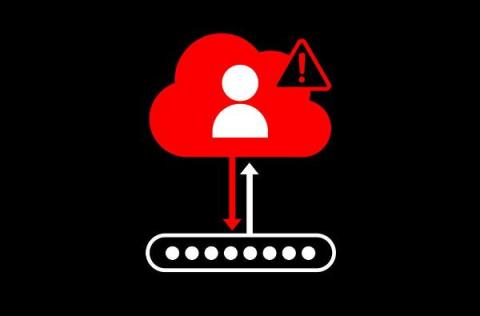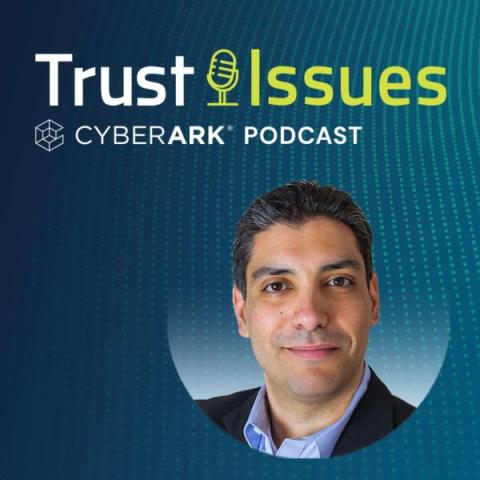Understanding APIs and How Attackers Abuse Them to Steal Data
Simply put, APIs (short for application programming interface) are how machines, cloud workloads, automation and other non-human entities communicate with one another. They also represent an access point to highly sensitive company data and services. Almost every organization uses these machine interfaces, and their usage is only growing because they are essential to digital transformation and automation initiatives.











